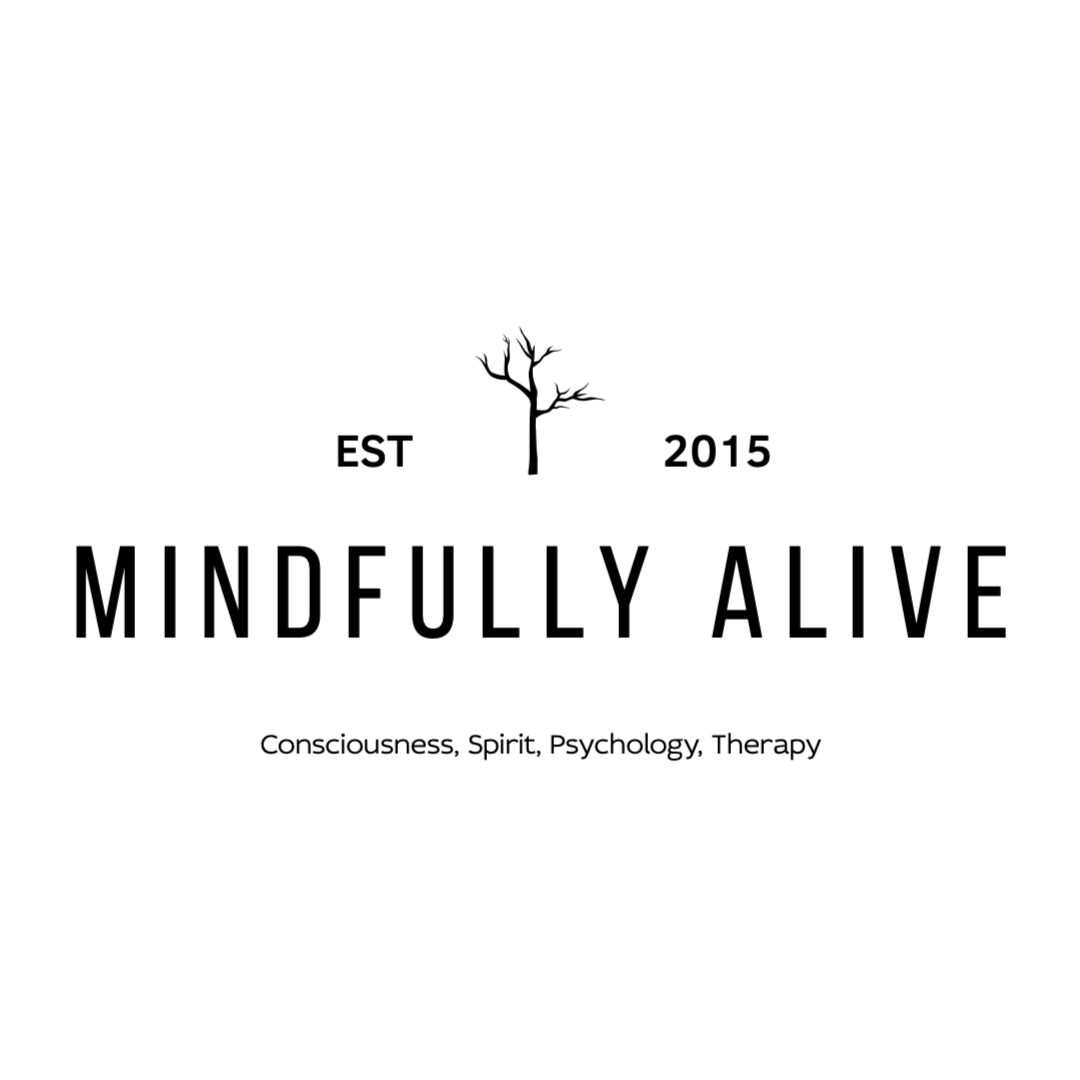Energy Hygiene: Self-Care for empaths
Taking care of yourself is important, right? A better question may be, how are we supposed to do that when there’s so much going on in the world and in our daily lives? Follow up question, what should you do if, in addition to all the average stimuli of the world, you tend to receive even more sensory information? How do you care for yourself if you receive sensory information from everyone else? What does self-care for empaths actually look like?
Let’s start with the basics. What does it mean to be an empath? The word itself has many origins. From the Greek “empatheia”— loosely translating to a physical perception of affection— to its introduction to the English language by psychologist Edward Titchener— his translation from the German word “einfulung” meaning “feeling into”— this complex word encapsulates the power of connecting with others as if we can experience their lives for ourselves. Through research and advancement in the understanding of this phenomenon, more and more individuals are developing an awareness of this ability and are more commonly referred to as HSPs or Highly Sensitive People.
By this definition, the sixth sense that allows us to “walk a mile in each other’s shoes” expands beyond the notion of just “feeling each other’s pain”. By this new standard, empathy is also an awareness. For some, an awareness of the external world, sensing environments, people, places, etc. For others, it’s more intrinsic, displaying an advanced awareness of self and the workings of the internal world. Sometimes, it’s all the above. So, how do you know if you’re an empath or an HSP? Well, if you googled that question, you’re bound to find many versions of the same, somewhat obvious, general responses:
- You have been called ‘over sensitive’
- You’re easily overwhelmed
- You’re easily over stimulated
- You identify as emotional
And some more specific ones:
- You’re genetically linked to other HSPs
- You abhor violence and cruelty of any kind
- You’re easily rattled by time pressures
As you read this, you may identify with some, none, or all these traits. For a multitude of reasons awareness is best indicator. If you’re inquiring about whether you are an HSP, then you probably are. If you’re searching for answers about what it means to feel the way you do, you may be one too. If you’ve always thought you had a heightened sense, you probably did. So, now what do you do with all this energetic input? This brings us back to the original topic, how can empaths/highly sensitive people better take care of themselves? The following are a few useful tools and techniques for self care for empaths:
- Awareness. Everything circles back to awareness for self care for empaths and HSPs. Take inventory of the stimuli you’re taking in and identify the triggers that may be overwhelming you. Notice how you react—physically, mentally, emotionally—to yourself, your environment, and the people around you. Being able to identify what may be causing your fatigue will help you figure out how to combat it later.
- Acceptance. It’s important for people to be kind to themselves, especially those who are taking in stimuli from multiple places across multiple planes of existence. Allowing yourself to feel, even embracing the ability, can help to prevent a build-up of negative associations with empathy and forge the pathway for developing boundaries and balance. Self-care for empaths may look like accepting that there is a limit to certain exposures and you don’t have to fit a square peg into a round hole.
- Connection. Connection is at the very core of empathic abilities, so it’s important to bond with the things that make us feel good. This can be anything, from people, specific places and the outdoors to animals and elements. Maintaining the bonds that solidify our connection to ourselves will help filter out the input that may be coming from external forces.
- Grounding. Peace is an important part of finding balance in daily life. Make time to perform an action that calms your nervous system whether it be through meditation, visualization, fitness, art, music, or something completely unrelated. Finding a way to ground yourself and find moments of peace and stillness will help you become more aware of when you are starting to feel activated and overstimulated.
- Wellness. While mental and emotional health is important, taking care of your physical body is equally significant. As you become more grounded, connected, accepting, and aware of yourself, you may start to notice physical changes in the body or certain aspects of your health that may be lacking. Use food for fuel and energize your body based on your own dietary needs, get moving in whatever way is accessible and authentic to you.
Above all, find ways to be compassionate with yourself—whether you identify as an empath/HSP or not—because no matter where you go, you’ll always be with you.
“If I am not for myself, who is for me? And being only for myself, what am I?” – Hillel the Elder



Be the first to reply